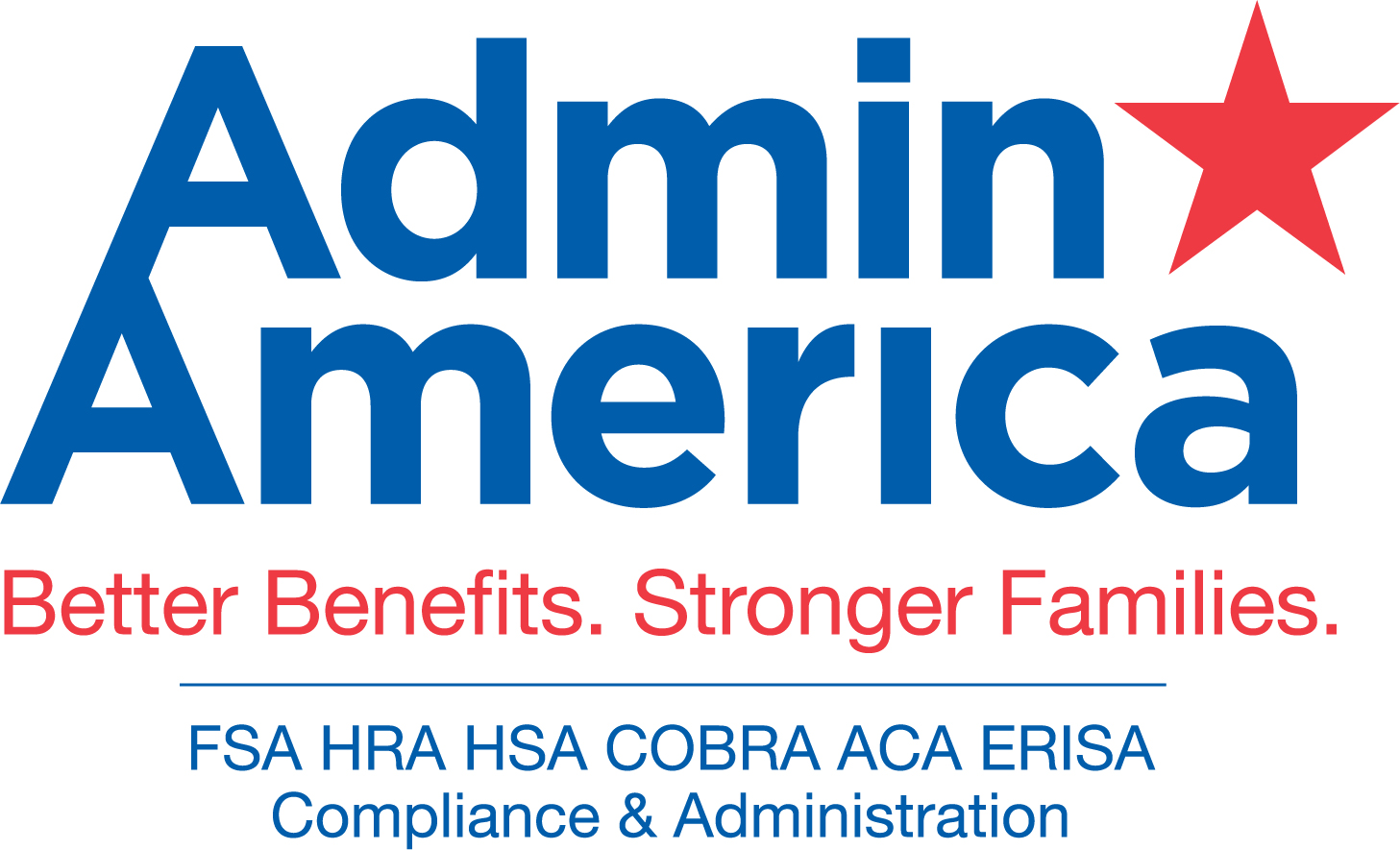Last week the U.S. Department of Labor issued guidance regarding when certain COVID-19 related deadline extensions will end. This new guidance was released in EBSA Disaster Relief Notice 2021-01 which can be found online here. In short, the guidance clarifies that deadline extensions will continue beyond March 1, 2020 but the length of each deadline extension is determined on a case-by-case basis (instead of all deadlines ending on the same future day) and limited to one year.
The guidance issued last week supplemented guidance originally announced last May by the DOL and the IRS (available online here). The COVID related deadline extensions announced last year required group health plans to disregard certain deadlines under COBRA, ERISA and HIPAA. Last May’s guidance had a clear starting point. It applied to any deadlines that would have otherwise occurred on or after March 1, 2020. The end point was not as clear. There was not a specific date announced as to when the deadline relief would end. Instead it provided that the period for calculating deadlines would not start again until 60 days after the COVID-19 national emergency was declared over by the President. While that definition seems specific, it was complicated by a one year limit on the DOL and IRS’s ability to extend these types of deadlines. Therefore, as February 28, 2021 approached, there was uncertainty as to how the end of the deadline extensions would impact plans and participants.
Notice 2021-01 clarifies that applicable deadlines will be extended until the earlier of (1) one year from the date the deadline would have otherwise applied, or (2) 60 days after the end of the announced COVID-19 National Emergency. Once the extension period has ended, the period of time for determining the applicable deadline will resume. For example, if a COBRA qualified beneficiary would have been required to make a COBRA election by May 15, 2020, the deadline is extended until May 15, 2021. Similarly, a qualified beneficiary whose COBRA premium payment grace period for November 2020 should have ended on November 30, 2020 may now pay their premium for November 2020 coverage as late as November 30, 2021 (presuming the COVID National Emergency does not end at least 60 days before that date).
The Notice also indicates that plans should consider sending updated notices to participants regarding their revised deadlines. Plans are also advised to consider notifying participants who are losing coverage of other coverage options, such as through the recently announced COVID-19 special enrollment period in the Exchanges. The notice acknowledges that the COVID-19 pandemic and other circumstances may disrupt normal plan operations and reassures employers acting in good faith and with reasonable diligence that enforcement will emphasize compliance assistance and other relief. The notice indicates that other federal agencies with jurisdiction over employer sponsored group health plans concur with this new guidance and its application to laws under their jurisdiction.
Admin America is working with the vendors of our benefits administration software to incorporate this new guidance into our administrative procedures with the expectation that the necessary adjustments will be completed this month. Employers and/or their professional benefits advisors with any questions about this most recent guidance are invited to submit their questions via Admin America’s online Q&A portal available here.



